Jeremić: Tough battle ahead at UN
Foreign Minister Vuk Jeremić says Serbia faces a tough battle to win over the majority at the UN General Assembly.
Sunday, 17.08.2008.
15:16

Foreign Minister Vuk Jeremic says Serbia faces a tough battle to win over the majority at the UN General Assembly. Jeremic was speaking in a news conference in Belgrade on Monday after returning from New York, where he filed a draft resolution, calling for the General Assembly's support for Belgrade's initiative to request the International Court of Justice, ICJ, opinion on the legality of the Kosovo Albanians' unilateral declaration of independence. Jeremic: Tough battle ahead at UN He told reporters a large majority of UN members, "although they are not openly stating their position", is in favor of the initiative, that the UN General Assembly will hear during its September session. "At this point a great number, a large majority are inclined toward our resolution. A significant number [of countries] is abstaining from saying, 'we will definitely vote for you', which is quite understandable, since the process is complex and differs from country to country," the foreign minister said. He stated that the resolution will need the support of a simple majority, "and not 92 members, as the media are reporting". Jeremic also explained that nothing has changed in the Serbo-Russian relations in view of the crisis in Georgia, and that Belgrade can count on Moscow's support for its ICJ move. Serbia, he added, continues to cooperate closely with Russia on the Kosovo issue. Jeremic reiterated that the short-term goal of this initiative is to prevent the process of recognitions of Kosovo's secession declaration, while in the long-term the aim is to secure the return to the negotiating table. The Serbian chief of diplomacy believes this will be possible with a favorable ICJ ruling even with Pristina's rejection of new talks. "As for their position that they do not wish to talk to us, I don’t believe it carries decisive weight. There will be an atmosphere in the wake of the ICJ opinion, which I believe will be positive, an international mood in which the authorities in Pristina will have no choice but to sit at the negotiating table and talk to Belgrade about the status of Kosovo," he said. Jeremic explained that, should the ICJ, as the UN's highest court instance, explicitly confirm that Kosovo's unilateral declaration is illegal, it will become "completely clear that such a creation cannot be sustainable in the long-term". He, however, conceded that talk of new negotiations was somewhat premature, specifying that it was too early to speak about their modality, but that the future negotiations "must definitively be held under the UN umbrella". Jeremic advised against prejudging the ICJ decision, but at time said that a legal team with the Ministry of Foreign Affairs believes that the court cannot rule that Kosovo Albanians' declaration was in line with international law. The foreign minister addressed another issue, that of fugitive Serb student Miladin Kovacevic, who is accused of assaulting a fellow student while studying in the United States and inflicting him serious injuries, and then fleeing to Serbia after being released on bail. The case, Jeremic said, has caused damage to the country, but although Serbia is in a difficult position, the constitution prevents the government from extraditing Kovacevic. For this reason, Jeremic, who urged agreement as a way out of this situation, explained that Kovacevic will remain in Serbia until he decides otherwise. Vuk Jeremic speaks in Belgrade on Sunday (Tanjug)
Jeremić: Tough battle ahead at UN
He told reporters a large majority of UN members, "although they are not openly stating their position", is in favor of the initiative, that the UN General Assembly will hear during its September session."At this point a great number, a large majority are inclined toward our resolution. A significant number [of countries] is abstaining from saying, 'we will definitely vote for you', which is quite understandable, since the process is complex and differs from country to country," the foreign minister said.
He stated that the resolution will need the support of a simple majority, "and not 92 members, as the media are reporting".
Jeremić also explained that nothing has changed in the Serbo-Russian relations in view of the crisis in Georgia, and that Belgrade can count on Moscow's support for its ICJ move.
Serbia, he added, continues to cooperate closely with Russia on the Kosovo issue.
Jeremić reiterated that the short-term goal of this initiative is to prevent the process of recognitions of Kosovo's secession declaration, while in the long-term the aim is to secure the return to the negotiating table.
The Serbian chief of diplomacy believes this will be possible with a favorable ICJ ruling even with Priština's rejection of new talks.
"As for their position that they do not wish to talk to us, I don’t believe it carries decisive weight. There will be an atmosphere in the wake of the ICJ opinion, which I believe will be positive, an international mood in which the authorities in Priština will have no choice but to sit at the negotiating table and talk to Belgrade about the status of Kosovo," he said.
Jeremić explained that, should the ICJ, as the UN's highest court instance, explicitly confirm that Kosovo's unilateral declaration is illegal, it will become "completely clear that such a creation cannot be sustainable in the long-term".
He, however, conceded that talk of new negotiations was somewhat premature, specifying that it was too early to speak about their modality, but that the future negotiations "must definitively be held under the UN umbrella".
Jeremić advised against prejudging the ICJ decision, but at time said that a legal team with the Ministry of Foreign Affairs believes that the court cannot rule that Kosovo Albanians' declaration was in line with international law.
The foreign minister addressed another issue, that of fugitive Serb student Miladin Kovačević, who is accused of assaulting a fellow student while studying in the United States and inflicting him serious injuries, and then fleeing to Serbia after being released on bail.
The case, Jeremić said, has caused damage to the country, but although Serbia is in a difficult position, the constitution prevents the government from extraditing Kovačević.
For this reason, Jeremić, who urged agreement as a way out of this situation, explained that Kovačević will remain in Serbia until he decides otherwise.


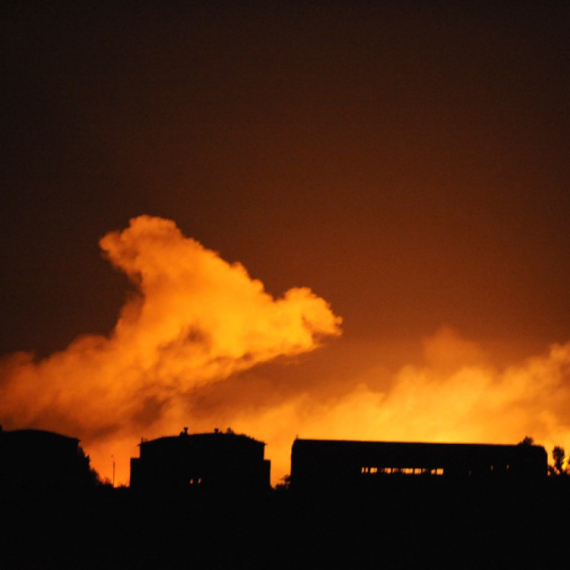

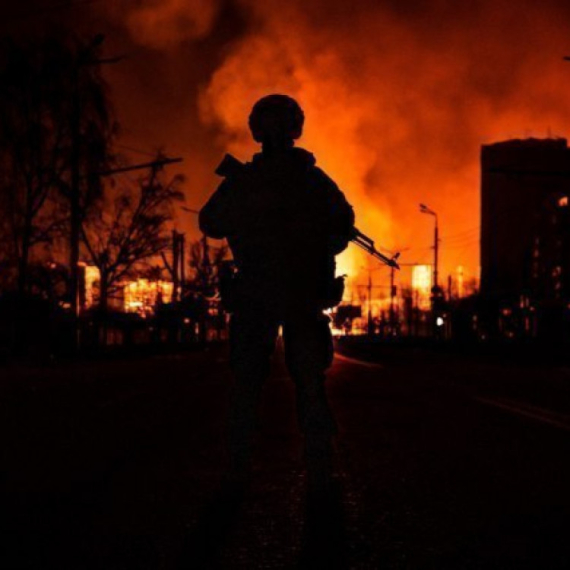
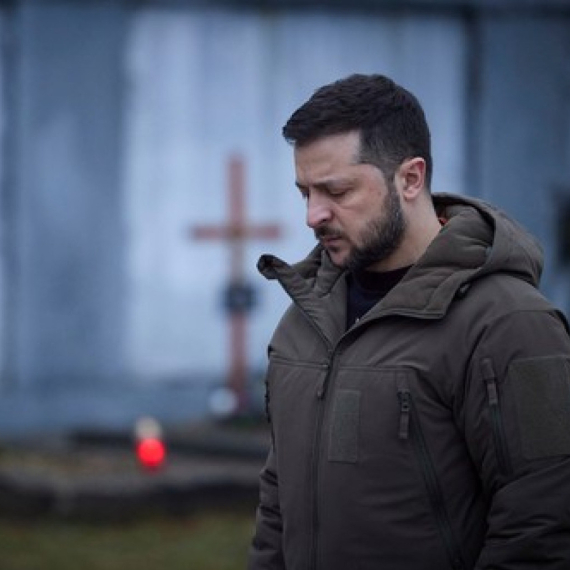
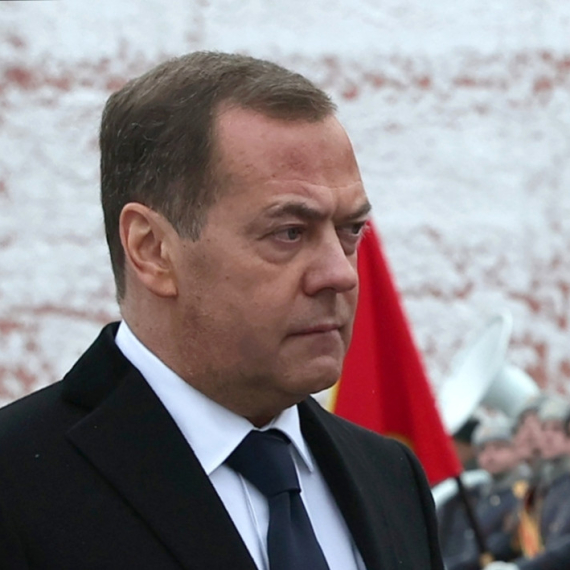






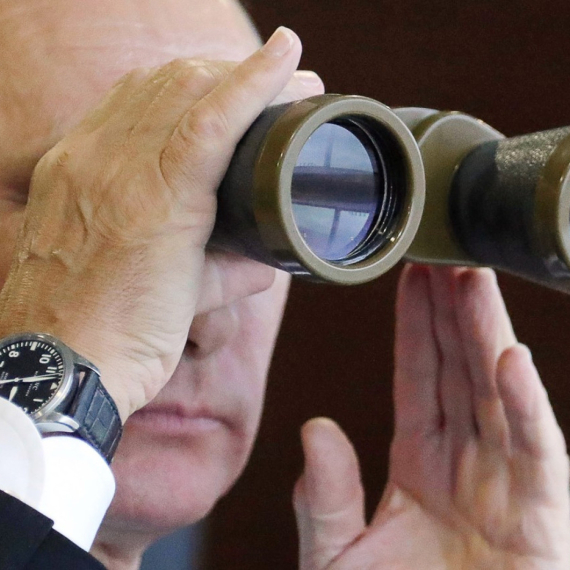
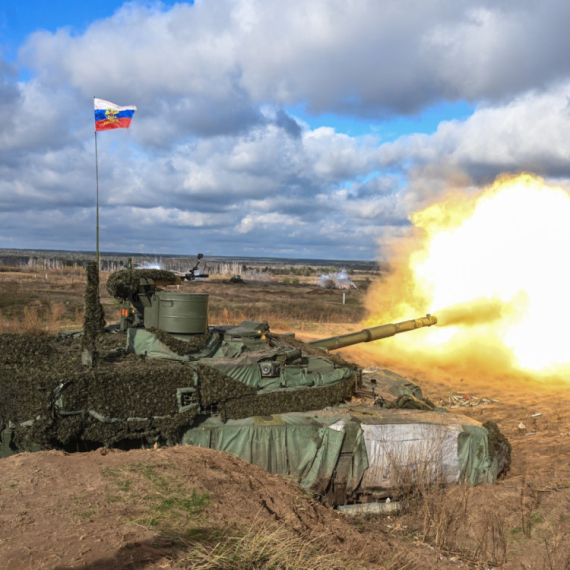
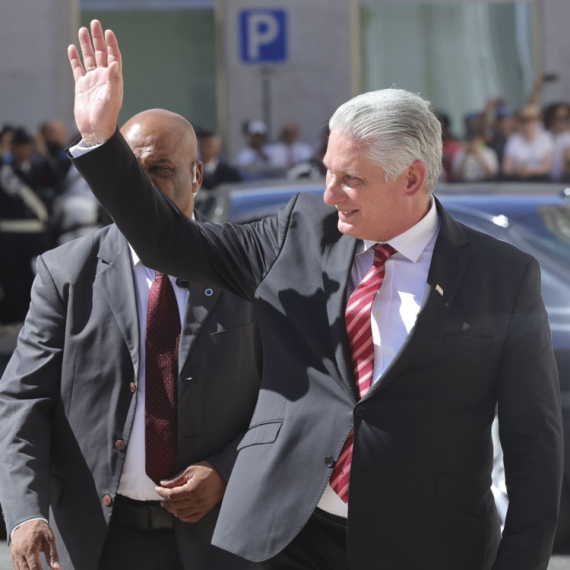






















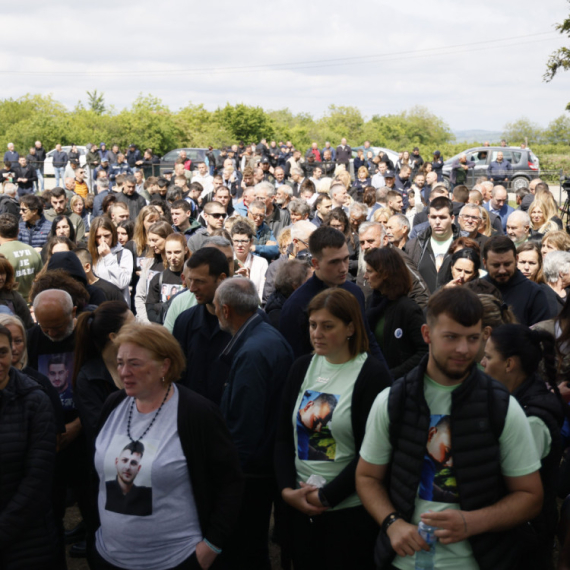
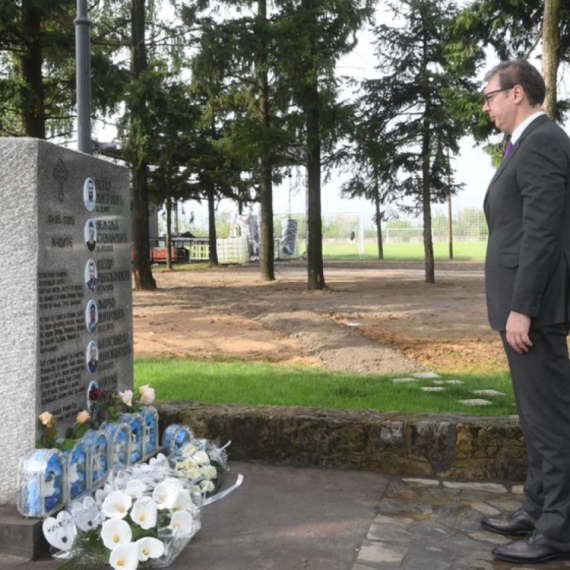

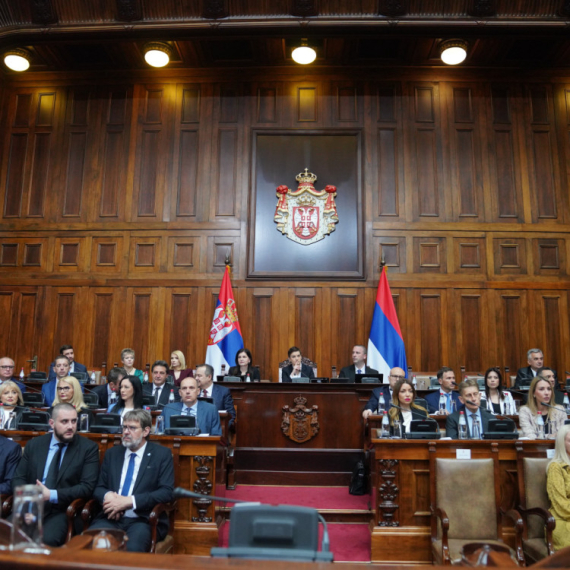
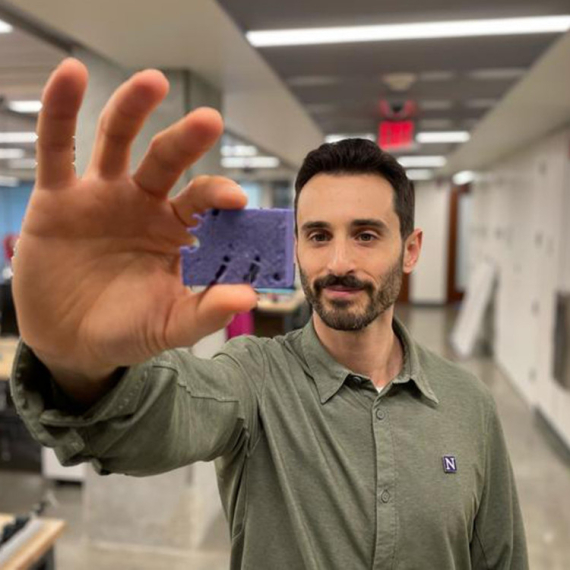









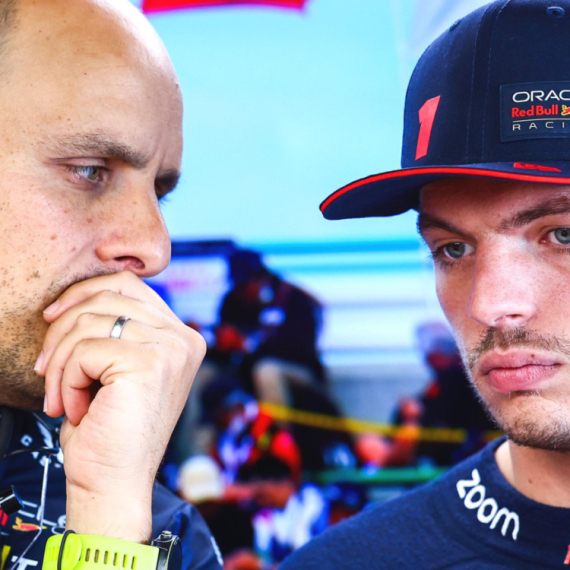
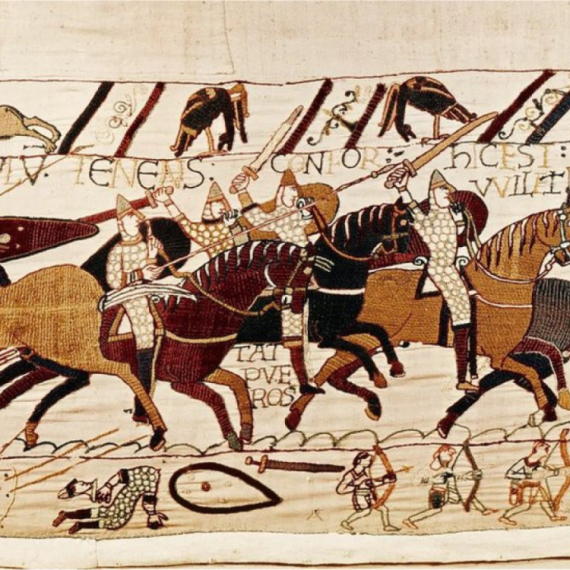
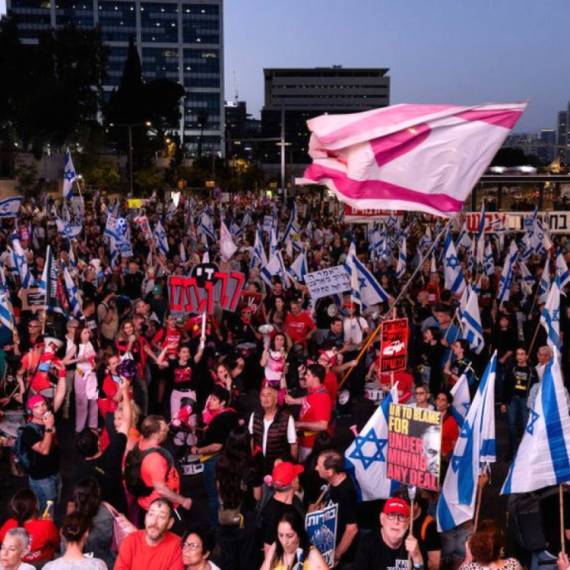
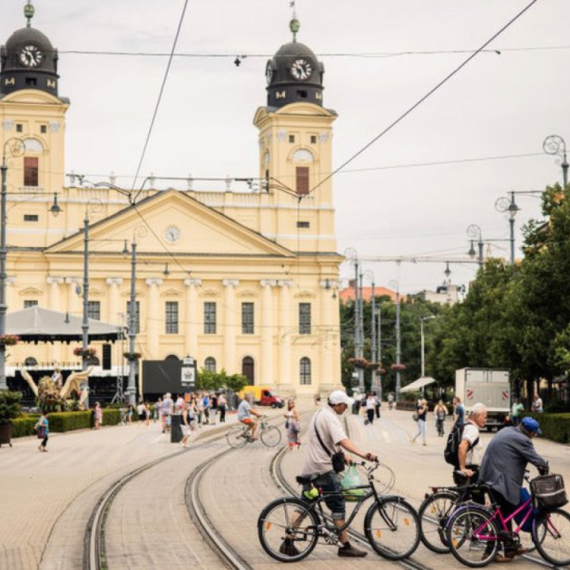
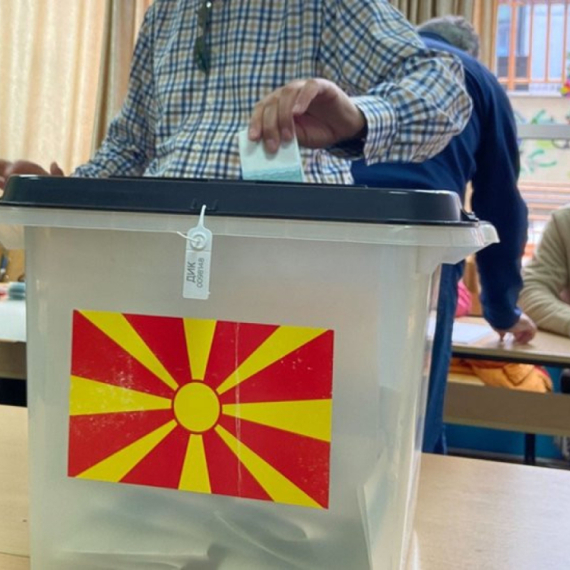

Komentari 18
Pogledaj komentare